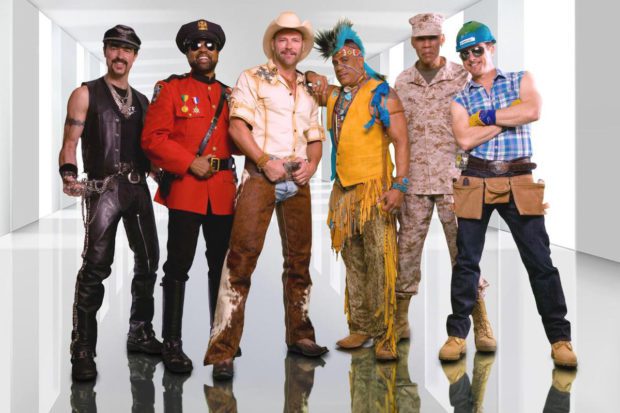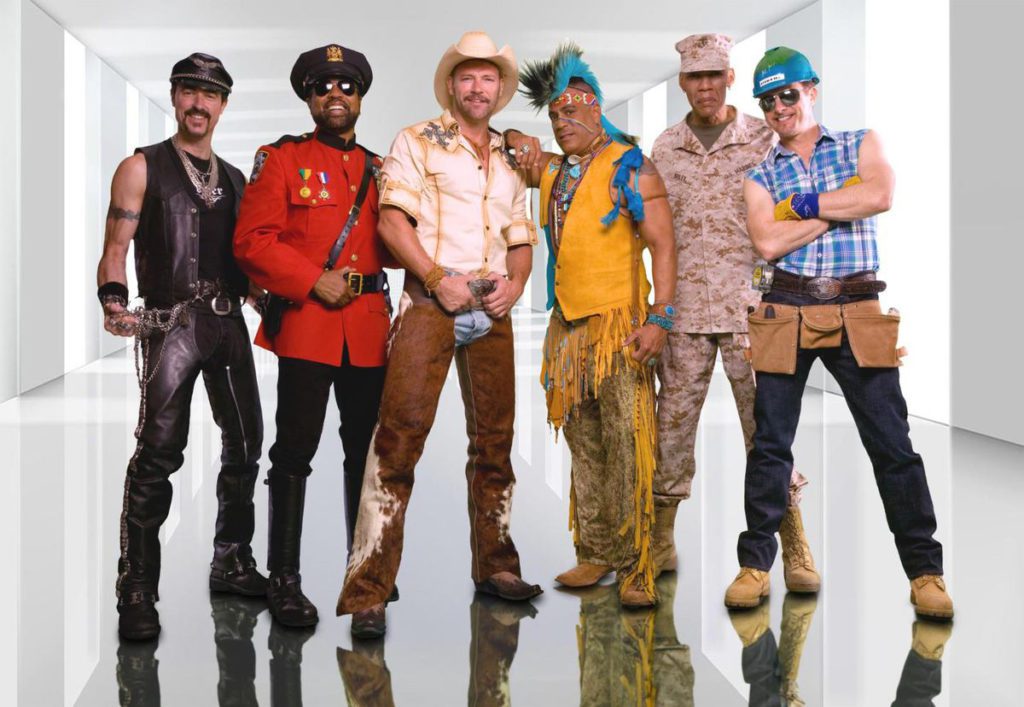

Reflecting on the fact that our society programs us for relationship failure,the author is increasingly convinced that much of human conflict is caused by the cultural suppression of natural human emotions.
Let’s take men as an example. Per 20th century social psychologist Geert Hofstede, masculine cultures expect men to be assertive, ambitious and competitive; to strive for material success; and to respect whatever is big, strong and fast. Men are taught to refrain from showing any emotional vulnerability or weakness and are expected to show only a limited range of emotions.
It gets worse. At many levels, men might feel that they must achieve and continually re-achieve their manhood. The social status of being a “real man”—or simply a “man”—is not automatically granted to all adult male-identifying people. Instead, this social status must be achieved, often by successfully meeting many difficult, internally contradictory standards.
For instance, a “real man” must be simultaneously physically strong, a financial provider, a protector of his family, a husband and father, and an impervious emotional rock. These ideas are stereotypes to the extent that no individual man can possibly live up to all of them, but they are real in the sense that they shape many men’s ideas and actions in profound ways.
The social status of “being a man” is also strongly policed. In many milieus, men and boys are implicitly instructed that they are not “real men” or are not “man enough” if they do not live up to certain stereotypical standards.
When a person’s performance violates social norms, or breaches the boundaries of expected behaviors or performances, in many settings this individual can expect social policing or punishment (e.g., criticism or stigma) from those invested in maintaining the status quo.
Men’s emotional well-being is damaged by a trained incapacity to recognize, communicate and understand their emotions. Likewise, men’s friendships suffer when they are not allowed to be emotionally expressive. In addition, in settings where men are instructed to eschew many elements of their emotionality, these emotional needs nonetheless remain essential elements of all human lives.
Although not having done an exhaustive review of the literature on the causes of these stereotypes, a foundational cause appears to be the fear of emotion.
For thousands of years, philosophers and theologians have taught us the myth of rationality—that what separates humans from other animals is our ability to reason. Within the past 30 years, brain scientists have discovered the truth: Humans are 98% emotional and 2% rational.
Still, most people’s experience with strong emotions is unpleasant and the myth of rationality as a normative and descriptive model fits well with experience, even if it’s not true.
If correct, then masculine identity can be seen as a means of covering up childhood emotional wounds. If you don’t feel, you can’t be hurt.
And thus, our society programs us for relationship failure because if we cannot master our emotions, deal with the typical emotional invalidation of childhood and truly mature, we cannot master the intimacy of human relationships.
